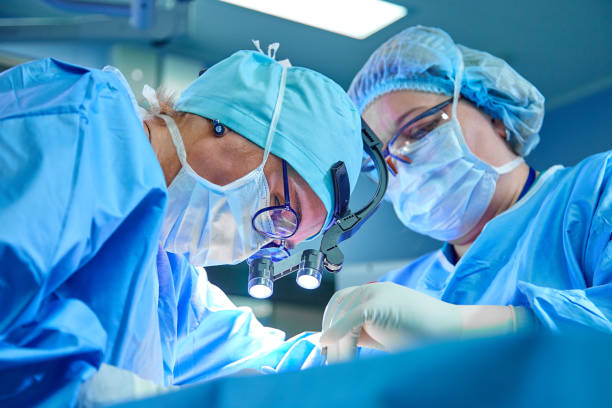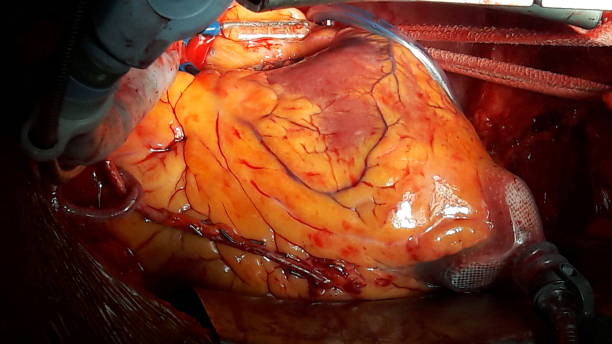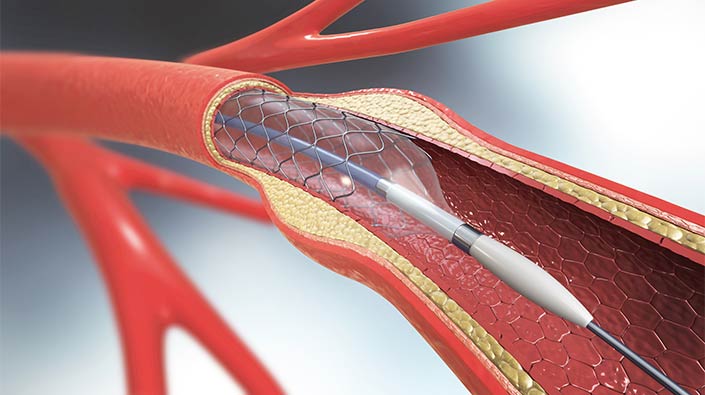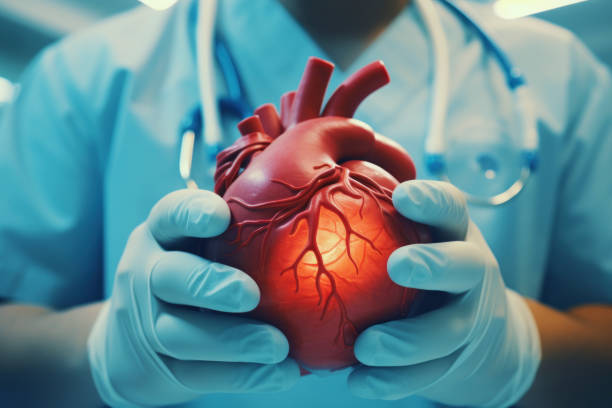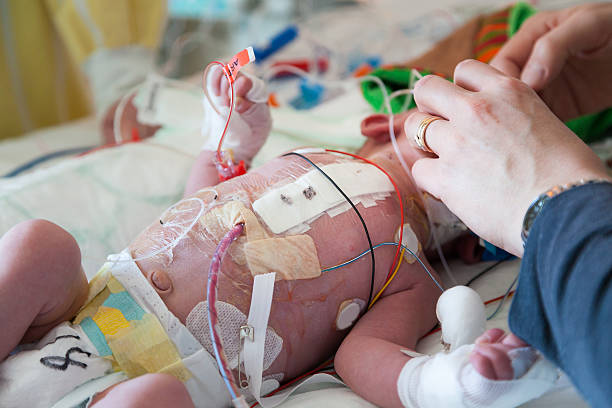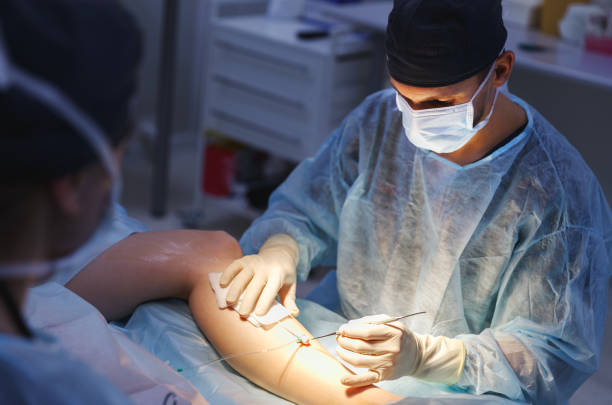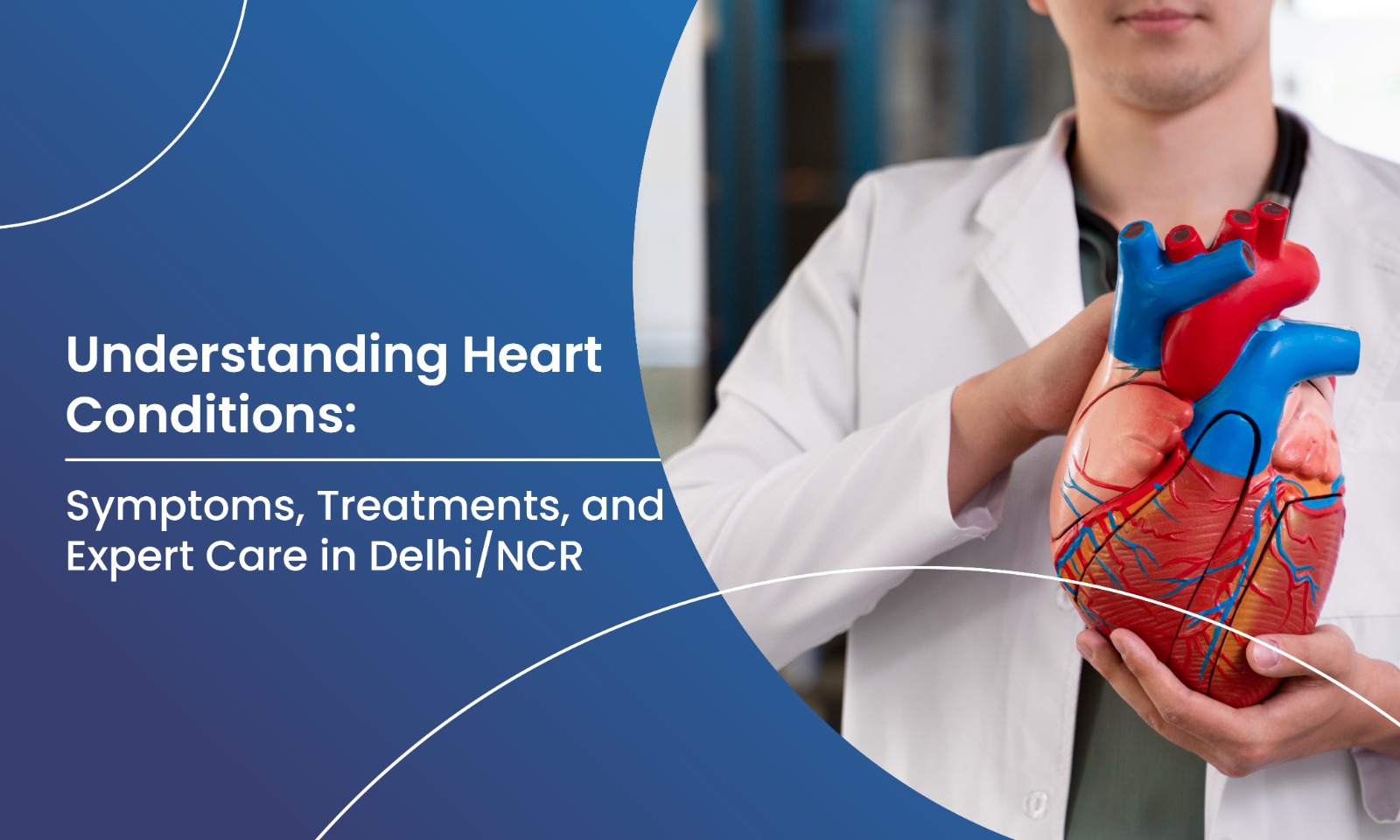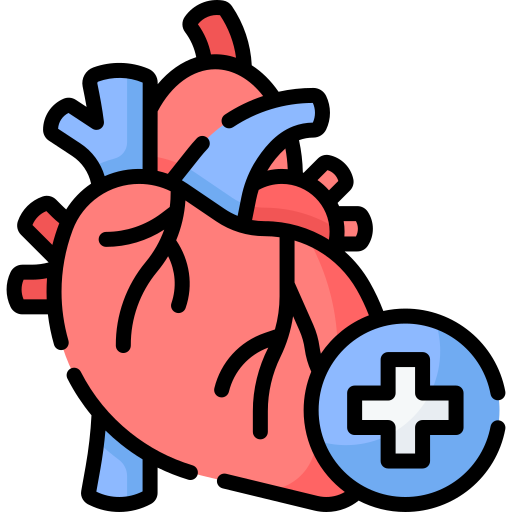
Heart Centre Cardiology
Cardiology encompasses the field of medicine dedicated to the study and treatment of Heart and Blood Vessel-related conditions. This expansive discipline addresses a Broad Spectrum of issues, including Congenital Heart Defects, Coronary Artery Disease, Heart Failure, Valvular Heart Disease, and Arrhythmias. Cardiologists, specialized Physicians within this Domain, Utilize a range of diagnostic tests and procedures to diagnose and treat these diseases effectively.
Heart disease is a major worldwide health problem that can result in both sickness and, unfortunately, death. It doesn't spare anyone, regardless of Lifestyle, Gender, or Age. When heart problems show up as symptoms like Breathing Problems or Chest Discomfort, they frequently require careful surgical intervention to fix problems like clogged arteries or malfunctioning valves. Even though these operations are complicated, effective medical care can lead to positive outcomes. Therefore, it is crucial to choose the right medical centre.
Sharda Care - Healthcity is a state-of-the-art super-speciality hospital that provides the best cardiac care treatment. Our hospital has advanced machines required for cardiac procedures, including Angiography, Angioplasty, and Cardiac Surgeries. Additionally, we offer round-the-clock Cardiac Emergency Services, dedicated Cardiac Wards, and specialized Cardiac Rehabilitation programs to ensure Comprehensive Care for patients with various Heart Conditions.
At Sharda Care - Healthcity, expect unparalleled treatment encompassing a range of heart surgeries, primarily:
- Invasive Cardiology
- Non-Invasive Cardiology
- Cardiac Electrophysiology
- Stress Tests
- Heart Monitors
- CT scans
- Interventional Cardiology
Looking for an Expert
Sharda Care The Healthcity is home to some of the eminent Doctors in the world.
Book an Appointment



